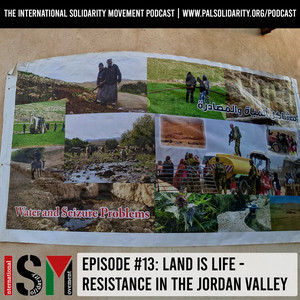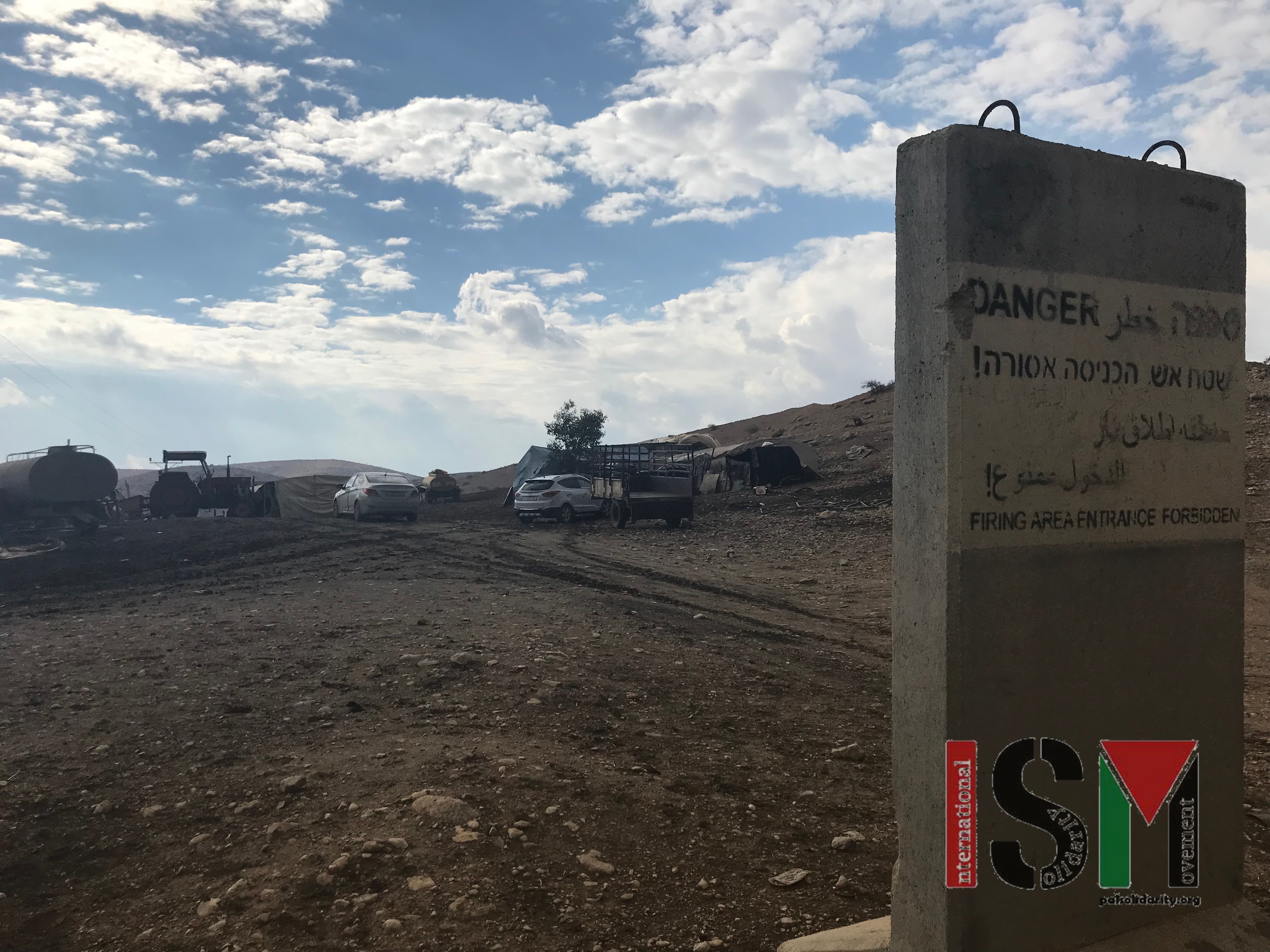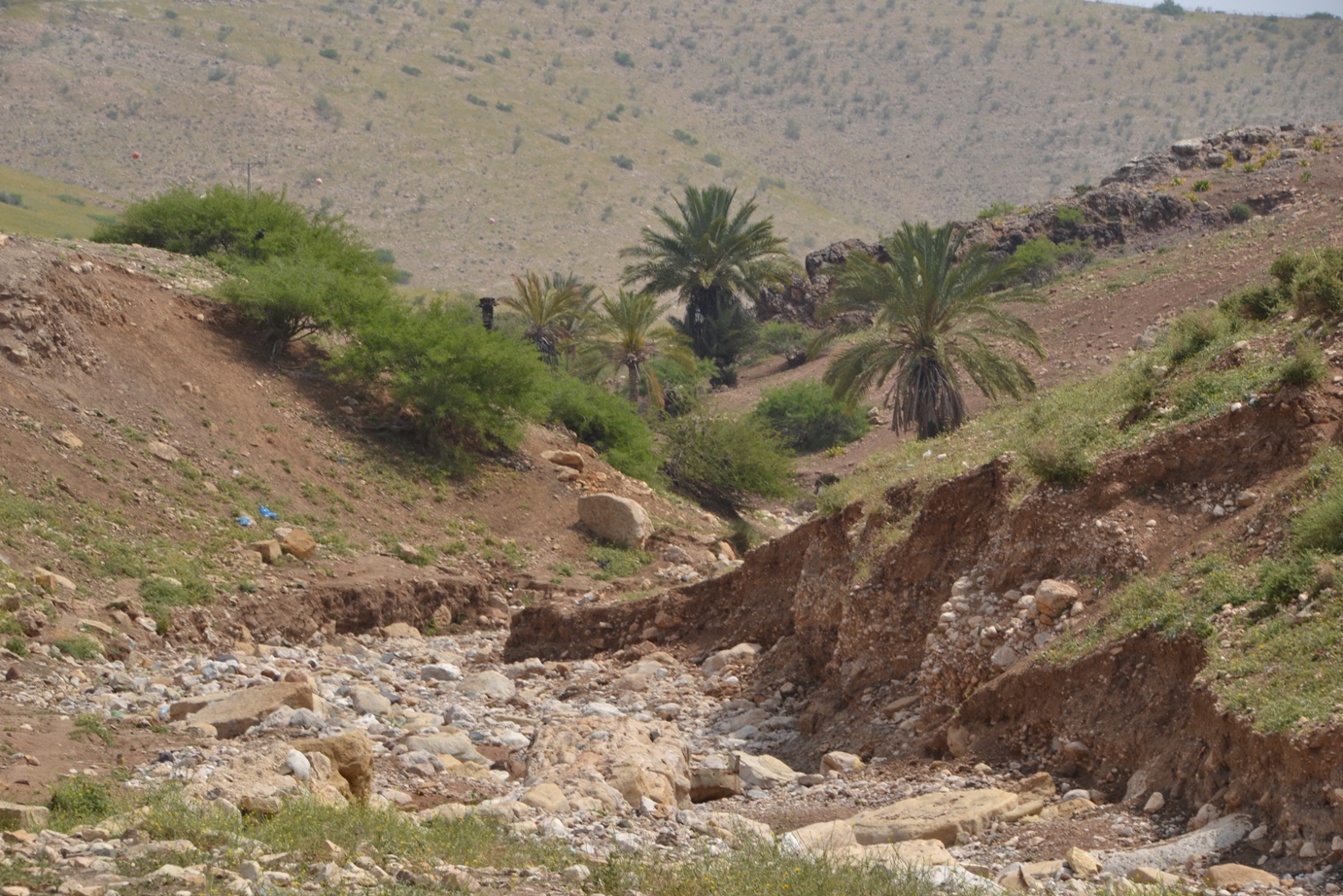Tag: Al Maleh
-
ISM Podcast episode 13 – Jordan Valley Solidarity
This episode of the International Solidarity Movement Podcast was recorded last year, long before the current Israeli genocidal attack against Gaza began. Since te interview took place the situation in the Jordan Valley has got much worse. Jordan Valley Solidarity (JVS) is still working to support the people of the Jordan Valley to stay on…
-
Ethnical cleansing in the Jordan Valley
26th November 2017 | International Solidarity Movement, Team Nablus | Jordan Valley Solidarity | Jordan Valley, Occupied Palestine Israeli forces have sent out demolition orders to two villages in the northern Jordan Valley, where they plan to demolish the homes of around 300 Palestinians. This is part of the Israeli military’s ongoing efforts ethnically cleanse…
-
Harassment campaign continues in the Jordan Valley
13th April 2014 | International Solidarity Movement, Nablus Team | Al Maleh, Occupied Palestine The Israeli military oppression of Palestinians living in the Jordan Valley can take many forms, including the systematic confiscation of essential tools and materials, to physical punishment and arrest. The latest act of harassment by the Israeli army in the Jordan Valley…



